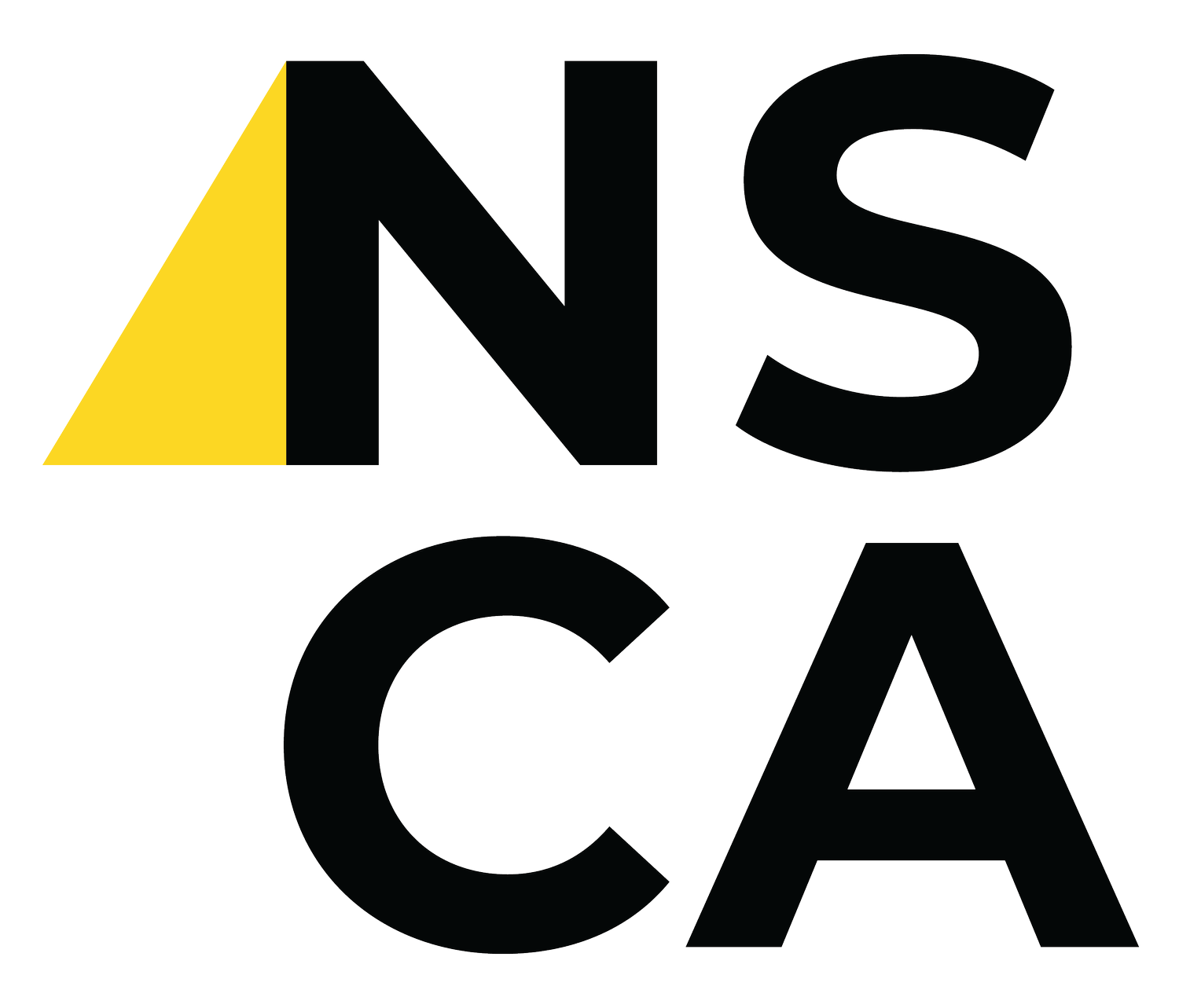Questions & Answers
-
The National School Chaplain Association program is trusted by school districts, education professionals, and successful chaplains.
We deliver a solid foundation of proven chaplaincy skills and strategies necessary to feel confident in your calling.
Upon completion of your training, safety courses and background checks, you will be fully certified as a school chaplain, qualifying you to receive full pay and benefits.
-
– The NSCA Chaplains Certification Course is an 8-week, three credit hours course offered by ORU
– Active Shooter & Behavioral Threat Assessment (10-hour course)
– First Aid, Stop the Bleed Training (usually done in a day)
-
Schools have lots of options when hiring a chaplain either full-time or part-time. In most states, federal and state funding designated for mental health are available along with school safety and security. Each school district will decide the salary.
-
The NSCA School Chaplain Certification comprises the 8-week training course through ORU, the Active Shooter Certification, Behavioral Threat Assessment Certification, and the Stop The Bleed Certification.
Required for maintaining an active NSCA certification status:
Monthly Membership Fee: $25
Continuing Education (Provided with the Membership Fee within the NSCA Academy)
Up-to-date Safety Certifications
-
Once you have completed your chaplain certification, you will have full access to training updates, continuing education courses, school chaplain conferences, and more all within the NSCA Academy Portal.
To retain your NSCA-certification active status and Portal access your membership fee of $25 per month is required.
-
Candidate must pass a background check and qualify for one of the two paths.
There are two paths that lead to school chaplain admission. The Traditional Path requires candidates to possess a two-year degree and 2,000 hours of hands-on ministry experience.
The Ordained Ministerial Path requires candidates to possess 6,000 hours (3 years) of hands on full-time ministerial experience as an ordained clergy.
-
If you have participated in the following ministerial areas of experience as an ordained clergy you qualify for the Ordained Ministerial Path: Pastoral service, counseling, missionary, guest services, police chaplain, military chaplain, first responder chaplain, hospital chaplain, airport chaplain, marketplace chaplain, children’s ministry, youth pastor, student ministry, athletes ministry, CISM (Critical Incident Stress Management), praise and worship, teaching, leadership, church planting, prayer groups, home group leader, women’s ministry, men’s ministry, orphan outreach, elderly ministry, emergency shelter, homeless ministry, disability ministry, hospital ministry, hospitality ministry, home visitation, evangelism; role as an elder, deacon, discipleship.
-
Sign up for a free intro course into school chaplaincy. Upon completion follow the prompts within the NSCA Academy Portal by submitting an application.
Once you’ve submitted your application you will receive in-portal correspondence and instructions for signing and uploading all required documents (transcripts and reference letters) and to complete necessary background checks.
All enrollment and certifications information will be provided to you within the NSCA Academy Portal.
Your online coursework will be completed within the portal. You will be able to complete the coursework in as little as 8-weeks.
-
NSCA’s school chaplaincy certification program includes background checks and our 40-hour coursework offered at one price: $997
Other safety certifications are offered directly from each provider at a specialized NSCA-rate which include:
Active Shooter + Behavioral Threat: $179.99
Stop the Bleed
The Stop The Bleed course will need to be completed locally. NSCA provides resources for you to easily access these certifications. Stop The Bleed Certification is inexpensive and many times is offered free.
Can’t find what you’re looking for?

